Communicambio2015: Discussing the post-Indignados era
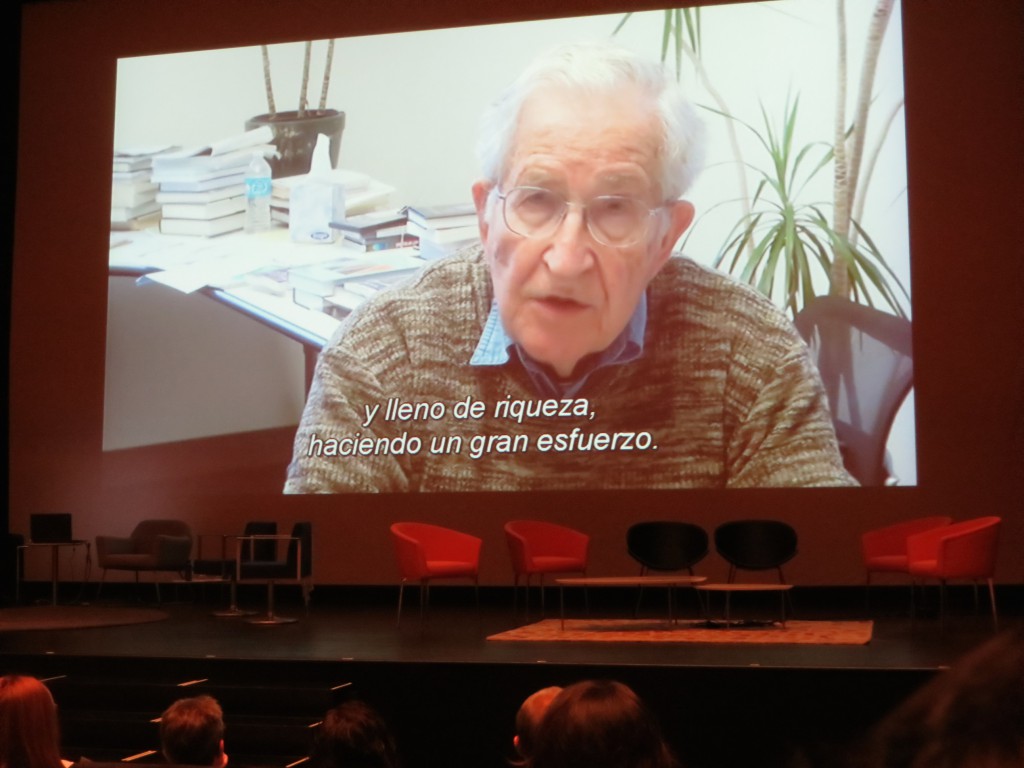
Thomas Tufte, the co-director of Ørecomm, shares his impressions from Comunicambio2015, International Congress on Communication, Civil Society and Social Change, which took place in the University of Castellón.
The conference, two years in the planning, gathered approximately 200 researchers, students and activists engaged in research and practices regarding the interrelations between media and communication, and social movements, civil society and social change. All plenary sessions were bi-lingual while the rest of the conference took place in Spanish. All was streamed and can now be accessed here.The conference was opened by a brief video-greeting from Noam Chomsky!
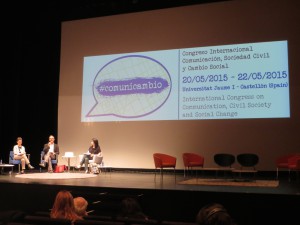
While participants were largely from Spain, we also had participation from for example Greece, Italy, USA, Peru, Mexico, Guatemala, Colombia, Congo, Kenya, UK and Denmark. From Ørecomm Florencia Enghel participated (online) as an invited speaker, and I likewise was there as an invited speaker. Many friends of Ørecomm were there, students and former students from Malmø’s ComDev masters, MA- and PhD-students from Roskilde Univesity, and a good number of former Ørecomm Festival participants like Victor Mari Saez, Alejandro Barranquero and Sergio Villanueva.
The event took place at a very interesting moment in the process of political development in Spain. It began a couple of days after the celebration of the 4th anniversary of the beginning of the 15-M/Indignados insurgence on 15 May 2011, and just a few days prior to the important municipal and regional elections in Spain, held on 24 May and resulting in a huge success for the political parties and coalitions that have formed amongst the activists from the Indignados movements. These issues influenced quite a lot of the debates.
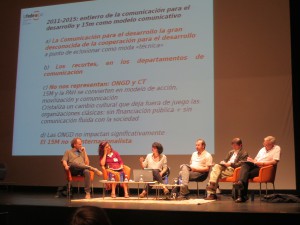
In the program, there was initially a strong focus on the role of social movements in contemporary social and political development processes in the post-Indignados and post-Arab Spring era. However, there were many NGO people in the audience, and gradually a stronger articulation of and focus came upon international development cooperation and the role of civil society in such process. Long and critical reflection around the notions of development and social change came through. Obviously, the focus was continuously upon the role of media and communication in these difference processes of change.
A fascinating presentation was for example seen in the roundtable of experiences day 2 focusing on communication, social movements and social change. Oscar Marín from ‘Outliers Collective’ in Barcelona has a very interesting set of twitter data from the Indignados uprisings in 2011 and he presented a very convincing methodology of analysis of these data, for example illustrating how emotionally charged tweets were in the uprisings versus outside of the uprisings.
The program was organized in fully translated plenary debates in the mornings, and then panels and workshops in the afternoon with shorter presentations, but generally good time for debate.
 New PhD opportunities at the University of Leicester
New PhD opportunities at the University of Leicester Call for Abstracts: New Directions in Media, Communication and Sociology (NDiMS) Conference
Call for Abstracts: New Directions in Media, Communication and Sociology (NDiMS) Conference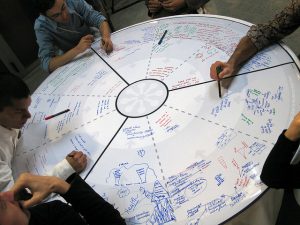 Ørecomm Team to Gather at the University of Coimbra
Ørecomm Team to Gather at the University of Coimbra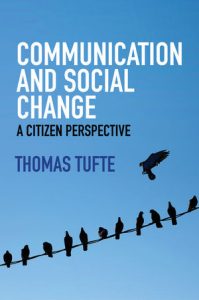 “Communication and Social Change – A Citizen Perspective” Published
“Communication and Social Change – A Citizen Perspective” Published C4D Network to Sum Up Global Communication for Development Practice
C4D Network to Sum Up Global Communication for Development Practice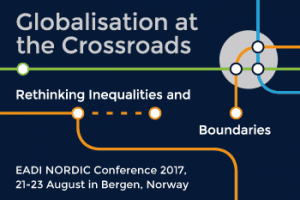 Entering Media and Communication into Development Conferences?
Entering Media and Communication into Development Conferences?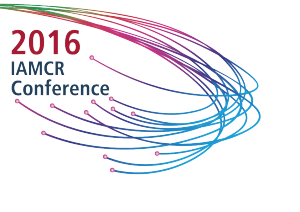 IAMCR Conference 2016: Communication for Development Highlights
IAMCR Conference 2016: Communication for Development Highlights Glocal Classroom Revisited – Storytelling & Social Change Leicester-Malmö
Glocal Classroom Revisited – Storytelling & Social Change Leicester-Malmö I EvalComDev International Conference: Call for Papers
I EvalComDev International Conference: Call for Papers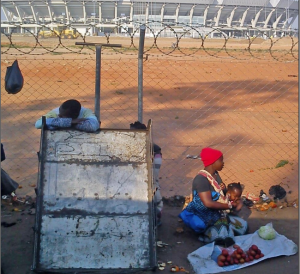 Looking for Media and Communication in Development Conferences: Devres 2016
Looking for Media and Communication in Development Conferences: Devres 2016